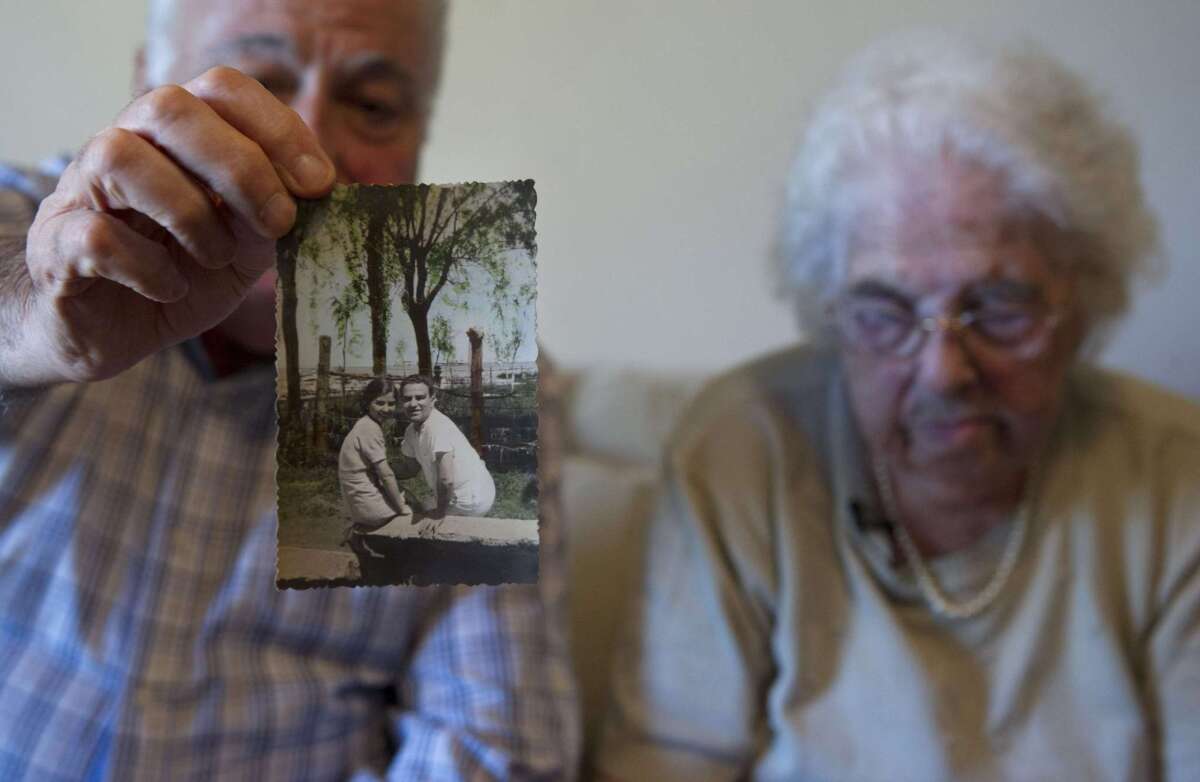Opinion: What’s so hard about calling a genocide a genocide?

What two-word phrase is so fraught with history and undeniable truth that the leader of the most powerful nation on Earth dares not use it?
Armenian genocide.
President Obama’s refusal yet again to see that historic and abhorrent event for what it was is an embarrassment to the nation and to the truth, as well as an insult to the victims, the survivors and their descendants.
Remember, while a member of the U.S. Senate and as a presidential candidate, Obama backed using the word “genocide” to describe the killings of some 1.5 million Armenians by Ottoman Turks in a campaign of murder and expulsion that began 100 years ago this month. But the Turkish government denies that what happened was a genocide, refusing to accede to a mountain of research that makes it clear that the Ottoman Turks engaged in a campaign to eradicate Armenians from Turkey.
So why is Turkey so obstinate about this? Beyond refusing to accept guilt, analysts say, the government fears demands for reparations, and the possible reclamation of land and property lost in the purge. As a result, the government has waged a public relations and political campaign to try to keep other governments -- including the U.S. -- from acknowledging history.
To be sure, Turkey holds some power here. The U.S. relies on an air base near Incirlik as a staging area for operations in that part of the world. Turkey has threatened to deny U.S. access to the base if it referred to the 1915 atrocities as a genocide.
The U.S. should call Turkey’s bluff. Given the meltdown across its southern border, Turkey needs a good relationship with the U.S. as much as, if not more than, the U.S. needs access to Incirlik. Were Obama to use the word “genocide” Turkey would be outraged, and might even recall its ambassador for a time, but it’s hard to see that step leading to a diplomatic breakup. This is in many ways a marriage of need, and that need won’t disappear.
What’s more important is that the leader of the most powerful nation on Earth has been muzzled by the protests of an ally -- protests based on a lie. And the president’s acquiescence makes the U.S. an accessory to historical revisionism.
Oddly, Obama, as president, has referred to the atrocities as reprehensible but has stopped short of the full truth.
“We recall the horror of what happened 99 years ago, when 1.5 million Armenians were massacred or marched to their deaths in the final days of the Ottoman Empire, and we grieve for the lives lost and the suffering endured by those men, women and children,” he said in a prepared statement last year.
So how did word come that Obama would not use “genocide”? Armenian Americans who met with top White House officials on Tuesday said that they were told that they would once again be disappointed.
“The president’s surrender represents a national disgrace,” said Aram Hamparian, executive director of the Armenian National Committee of America, who attended the meeting. “It is a betrayal of the truth, and it is a betrayal of trust.”
So how did the White House describe that meeting?
“This afternoon Denis McDonough and Ben Rhodes hosted leaders from the Armenian Assembly of America and the Armenian National Committee of America to discuss the upcoming centennial commemoration of the 1915 atrocities against Armenians. Recalling the deep ties between the Armenian and American peoples, they discussed the significance of this occasion for honoring the 1.5 million lives extinguished during that horrific period, and welcomed the principled advocacy of the Armenian American community on behalf of justice. They pledged that the United States will use the occasion to urge a full, frank and just acknowledgment of the facts that we believe is in the interest of all parties.”
You’d think a “full, frank and just acknowledgment of the facts” would include the central fact: It was genocide.
Follow Scott Martelle on Twitter @smartelle.
More to Read
A cure for the common opinion
Get thought-provoking perspectives with our weekly newsletter.
You may occasionally receive promotional content from the Los Angeles Times.







